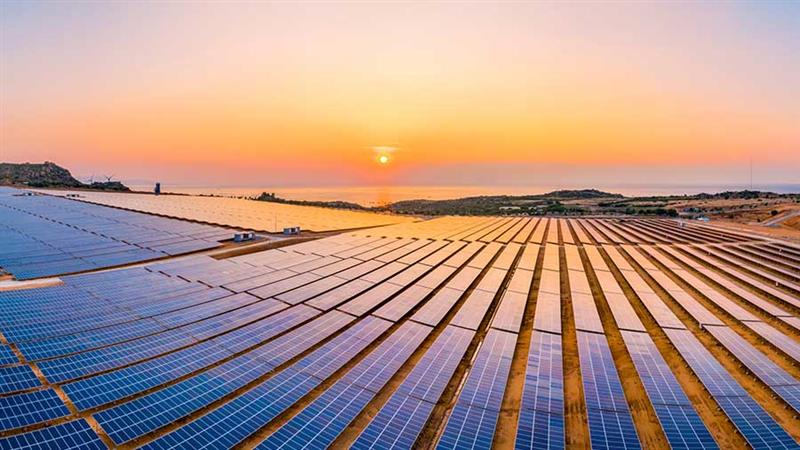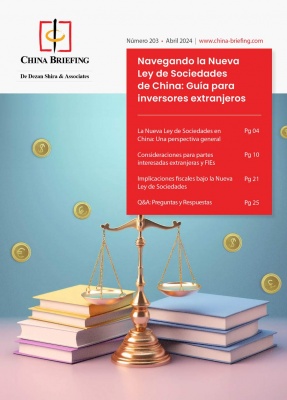U.S. Study Mission Discusses China’s Inflation, Living Costs and the Conspicuous ‘Housing Bubble’
By Cory Lam
SHANGHAI, May 26 – Some of America’s top executives in healthcare and education met at the Fairmont Peace Hotel in Shanghai last Thursday, in the second leg of a China-specific study mission organized by the American Society of Association Executives (ASAE) in conjunction with MCI China, a professional event management company based in Beijing.
The study mission, especially developed for CEOs and executive directors from the association community, was designed to provide a first-hand look at the current Chinese market and to seek out new opportunities to develop their U.S. businesses in China.
Richard Cant, director of Dezan Shira & Associates based in Shanghai, took part in the morning’s program to give an overview of China’s current economic climate as well as to give his expertise on new foreign investment prospects for companies looking to enter China. The presentation focused on some of the biggest challenges facing China today – uncontrollable inflation, rising labor costs and the conspicuous “housing bubble” that is affecting property owners in China today.
Despite the government’s efforts to hold back inflation levels by installing the latest Five Year Plan, the latest figures published in May showed an inflation rate of around 5.3 percent, still more than 30 percent above the current annual target of 4 percent set by the government. The rise in the food consumer price index (CPI) in April was particularly severe, reaching a height of 11.5 percent on the month, and has generally been the main culprit in generating high levels of CPI overall. Even food staples such as steamed buns and yogurt have seen price increases of roughly 87 percent and 25 percent, respectively.
Taking a typical family in Shanghai as an example, with an average income of RMB3,896 per person against an average expenditure of RMB3,513 per month, it is becoming increasingly difficult for Chinese citizens to cope with the steep increases in living costs, especially for families with only one working parent. Moreover, it is estimated that over 30 percent of the income per household is spent on education for the child, in what is generally seen culturally as a valuable “investment” option for parents in China.
The Chinese “housing bubble” – another likely investment option for Chinese families and often compared with the U.S. “housing bubble” of the last few years – has seen speculations over whether it would finally burst or not, following a number of reports claiming that there are now over 64 million empty apartments in the country termed as the “ghost cities” of China. However, with the government’s tight rein on lending policies and active attempts to control property prices, the Chinese housing market is likely to continue to rise for some time yet, Cant said in his presentation.
The delegates from America were also particularly interested in Cant’s comments on the complex political and economic relationship between China and America – a somewhat love-hate relationship more commonly known as “Chimerica” nowadays. Cant believes that the close economic ties between the two countries are so intertwined, that many of the fanatical headlines we see in the papers today are just that, and would not affect the trade or mutual dependence between the two countries.
Dezan Shira & Associates is a boutique professional services firm providing foreign direct investment business advisory, tax, accounting, payroll and due diligence services for multinational clients in China, Hong Kong, Vietnam and India. Established in 1992 with nineteen offices in four jurisdictions. For more information please email info@dezshira.com, visit www.dezshira.com, or download the firm’s brochure here.
Related Reading
Property Prices May Decline in Mumbai. What About Shanghai?
Can RRR Raises Really Absorb China’s Excess Liquidity and Inflation?
Foreign Participation Surges in China’s Property Development
- Previous Article The China-Angola Partnership: A Case Study of China’s Oil Relations in Africa
- Next Article China Updates ‘Catalog of Encouraged Technology and Product Imports’
























